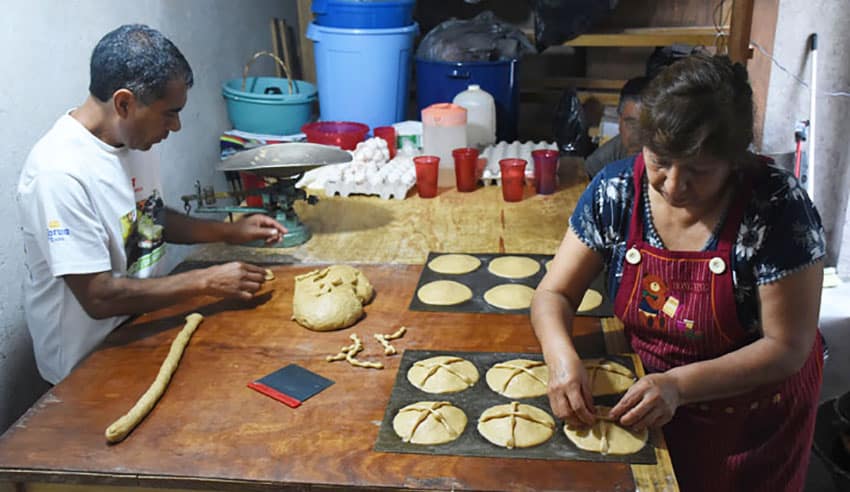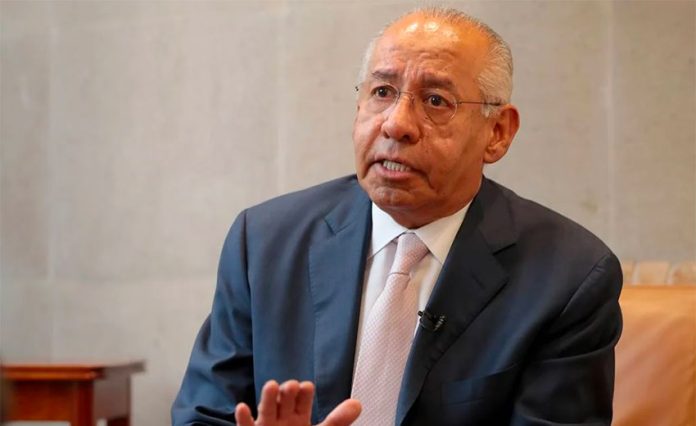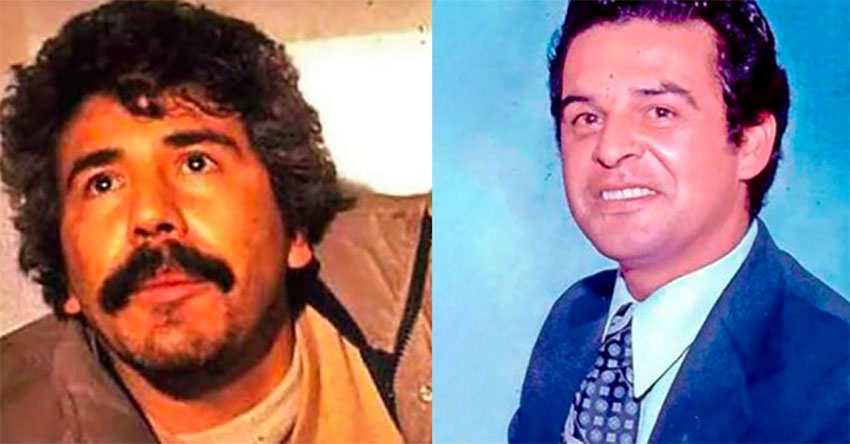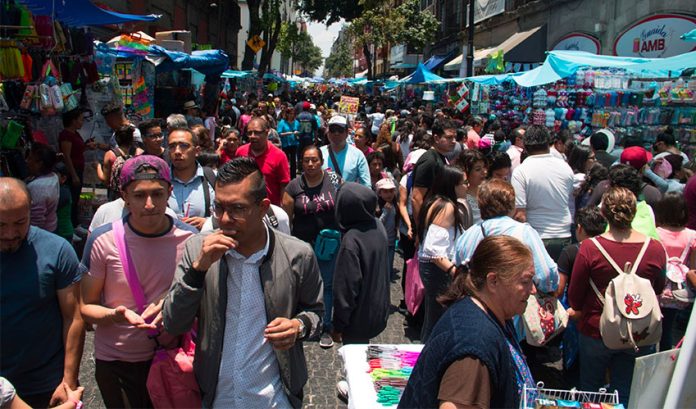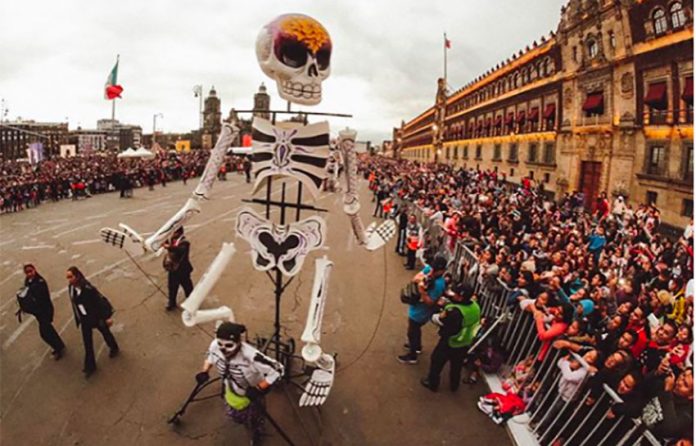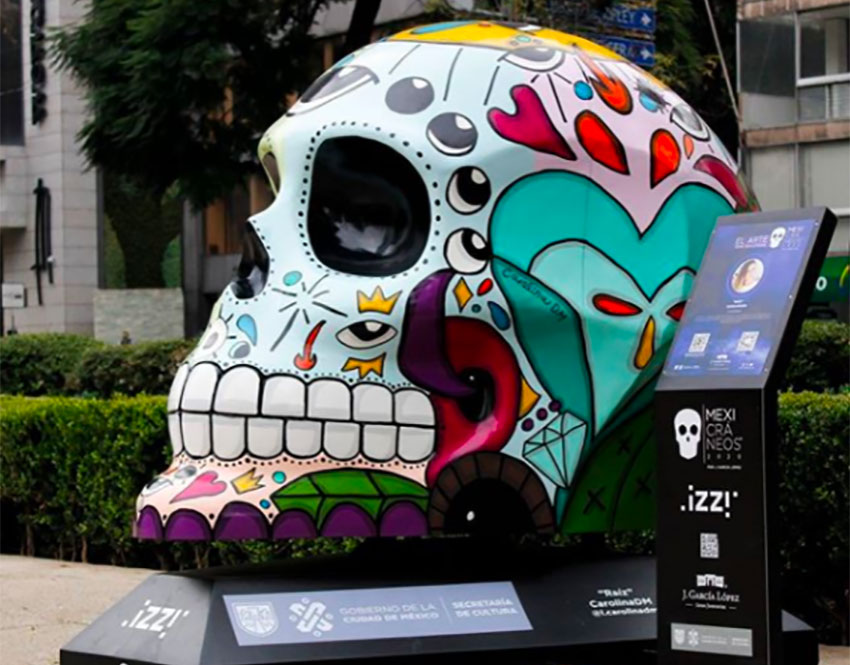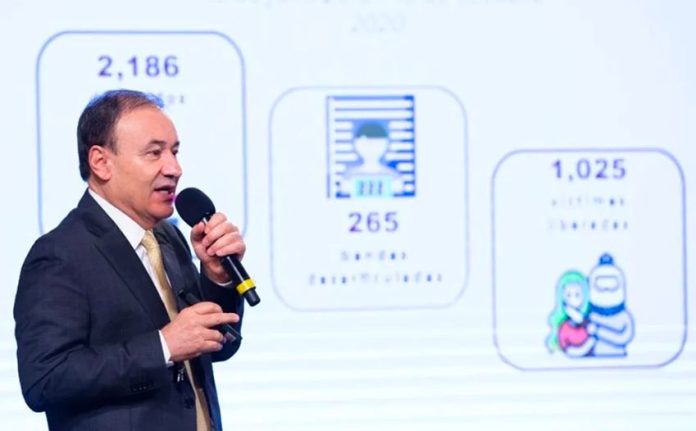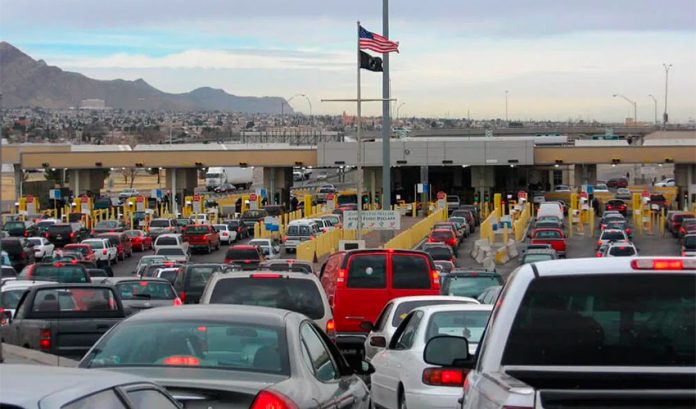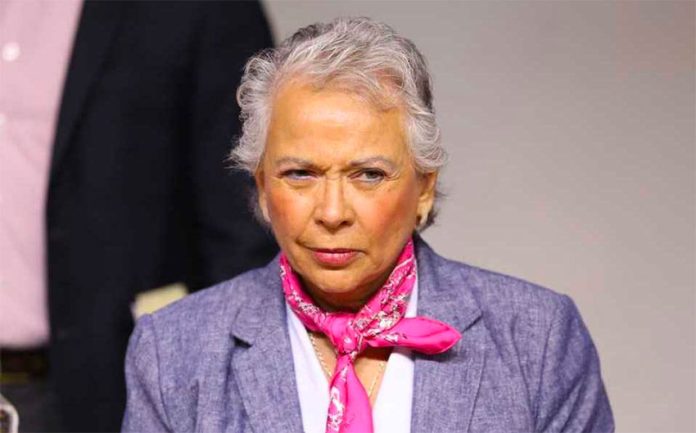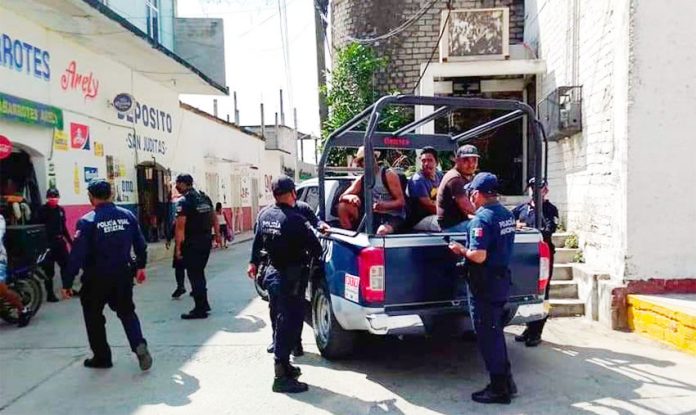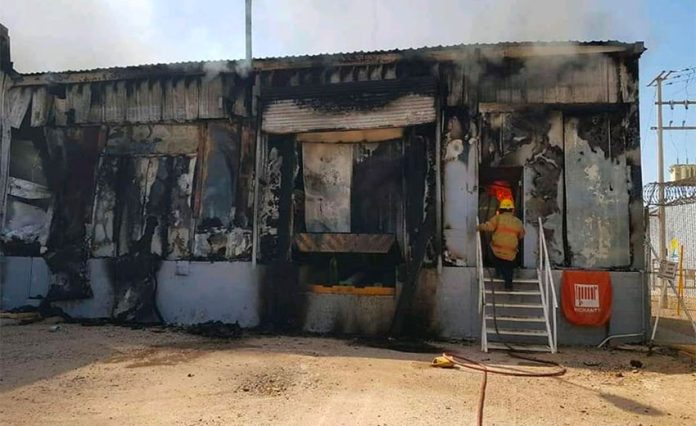In late October, Eva Chapa sets up her stall at the market in San Gregorio Atlapulco, Mexico City, as she’s done for over 20 years now.
Her pan de muerto (bread of the dead) is spread out in front of her. Like many people selling the traditional Day of the Dead holiday bread in the market, she bakes hers in her small home kitchen, using recipes handed down for generations. The recipes, she emphasizes, “are only used for pan de muerto.”
Pan de muerto is only available at the end of October through November 2 and is an important offering on Day of the Dead altars.
Although using bread during Day of the Dead ceremonies is a Spanish tradition, making offerings to the dead has pre-Hispanic roots. The Aztecs feted Mictecacihuatl, their goddess of death, during the ninth month of their calendar (late July to early August) with human sacrifices in her honor. When the Spanish banned that practice, they introduced the tradition of offering bread and other foods to the dead.
There are usually three kinds of bread made for Day of the Dead.
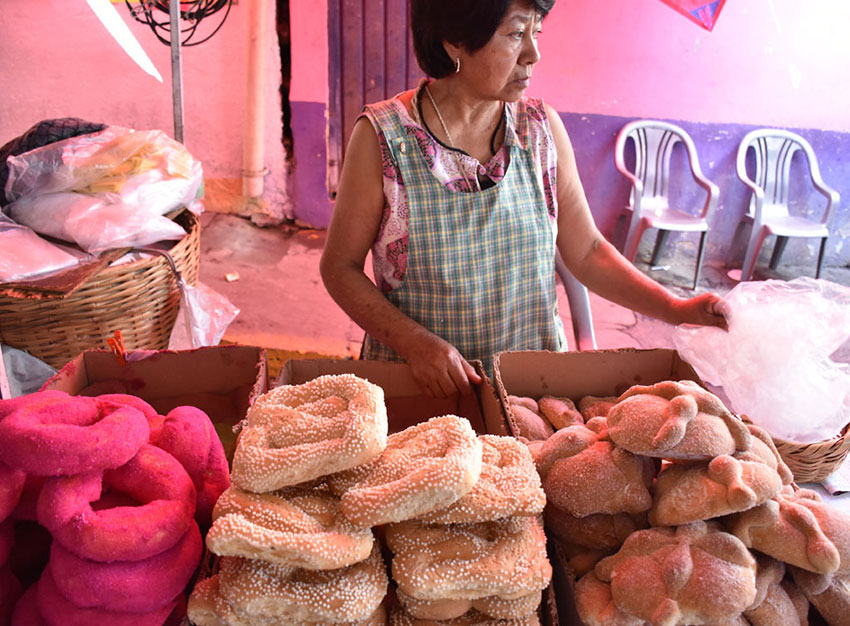
Torta de muerto is probably the most familiar. Its round base represents a skull, the narrow strips on top, bones. This bread is often decorated with colored sprinkles or dusted with sugar. The gollete looks like a large donut and is covered with sugar that’s dyed red.
“This represents the craniums of sacrificial victims that were nailed to a wall called a tzompantli,” said Javier Márquez Juárez, a historian in San Gregorio. “There is one in Mixquic and in the Templo Mayor. The hole in the middle represents where they would put a small stick to hang the skull. The red sugar is their blood.”
The alamar is pretzel-shaped. According to Márquez, it mimics the designs found on the traditional clothing of a charro, a Mexican cowboy. Bakers in San Gregorio often make a fourth bread, not found anywhere else, called a pesuña. It’s shaped to look like a horse or cow hoof.
Although most of the vendors in San Gregorio’s market make their breads in small batches in home kitchens, larger bakeries can really crank it out.
Between October 24 and November 1, the Tecalco family bakery — located in a cramped back room of their home — only makes pan de muerto. “It is a family recipe,” says Ludwig Tecalco. “I learned how to make [this bread] from my grandparents.”
There’s a constant stream of people in and out of the bakery during those six days, and the fact that it goes through 4,400 pounds of flour and 20,000 eggs in just nine days attests to the bakery’s popularity. The room that houses the work table and oven is a model of frenetic efficiency. A typical day in the bakery starts at 6:00 a.m. The men line up around the work table, and each receives a mound of flour.
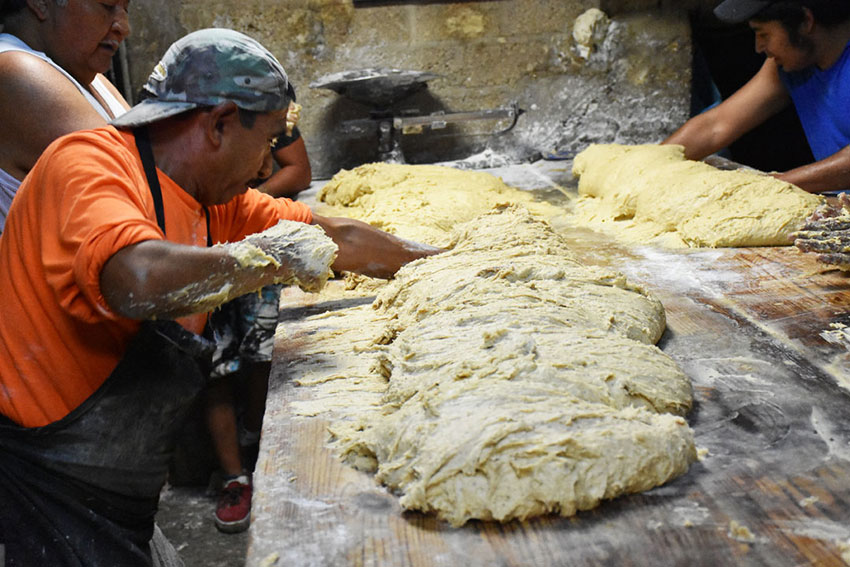
“We do not use this flour for other breads,” said Ludwig Tecalco. “It has a different flavor.”
A bucketful of eggs is folded into the flour until it becomes a sticky mass. Then the real work begins. The workers energetically pound the dough for about an hour and a half, looking like boxers delivering blows to an opponent’s midsection. Sweat pours down their faces as they work.
The dough’s left to rise for two hours, shaped, and then sits for another hour and a half. Finally, the bread is put in the oven under the watchful eye of Javier Romero Gutiérrez.
“This is more art than science,” he said.
He turns the bread every few minutes to ensure even baking and after about 15 minutes, the bread’s a nice golden brown and ready to be taken out. Several customers sit along one wall, patiently waiting for their order. From start to finish, each batch takes about five hours.
Large bakeries like the Tecalcos’ use gas ovens, but most smaller ones prefer to use wood.

“We use a wood stove because it is more traditional,” said Violeta Guzmán, whose family bakes bread in Santa Ana Tlacotenco. “It gives the bread a better flavor.”
Although the shapes of the pan de muerto don’t vary between families and bakeries, each one has its own recipe. Some bakers add orange juice to the breads, others anise, vanilla, or nuts, and customers may ask for other special ingredients. Most of the breads are sweet.
Although markets in Mexico begin to fill up with stalls selling the holiday bread in late October, they pack up by the end of the day on November 2, when the breads disappear until next year.
“We only sell pan de muerto at this time of year because we respect the traditions of our ancestors,” said Agustín Melo.
Joseph Sorrentino is a regular contributor to Mexico News Daily.
